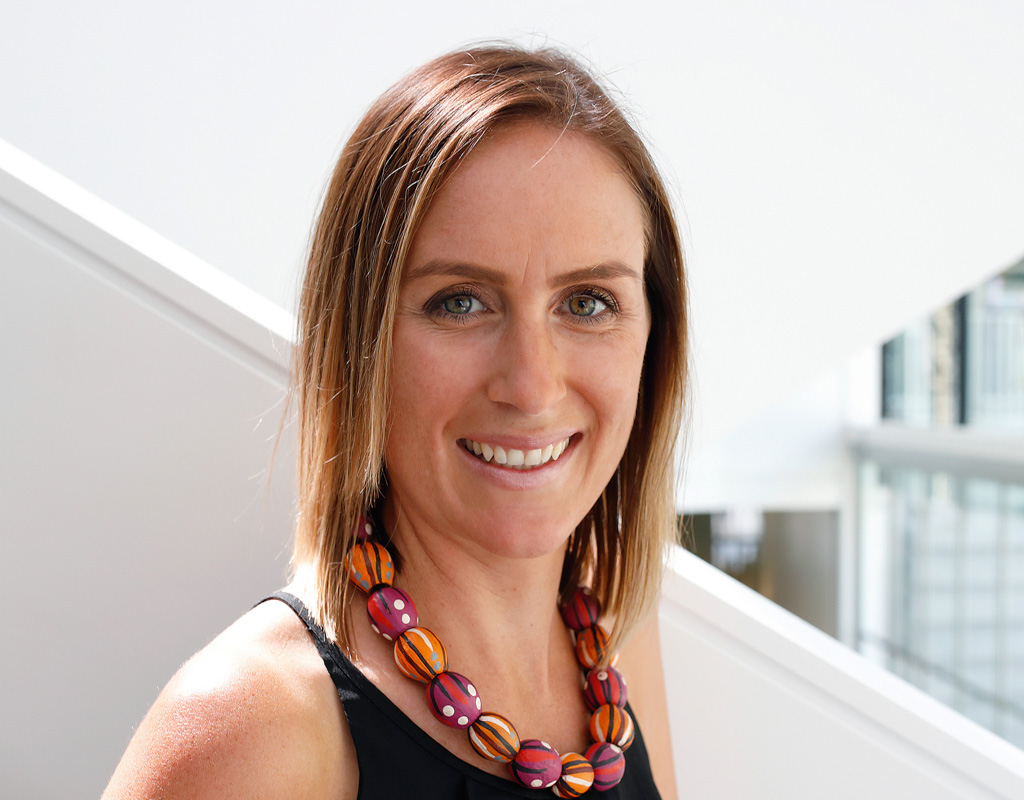
What is your current role and responsibility?
I am an Associate Professor and Discipline Lead for Injury Studies for Public Health in the College of Medicine and Public Health at Flinders University. My role is balanced in teaching and research, but a recent successful grant means I am research only until 2027.
In my role as Discipline Lead I manage a team of researchers across a range of different areas from the National Injury Surveillance Unit, Australian Traumatic Brain Injury National Data Project, International Classification and Disease Coding, to Transforming Injuries for South Australian Children, etc. Our team is completely grant funded with all work being supported by category 1-3 funding.
What do you like most about what you do?
Working in public health as an injury epidemiologist, I like the broad community impact that this work can have over both teaching and research. Additionally a lot of my work is Aboriginal communities, where community are able to set the research agenda, and have control and ownership.
I also LOVE playing with data! Especially leading new ways of working with Indigenous Data through Knowledge Interface Methodology and Indigenous Data Sovereignty to change the deficit discourse surrounding Aboriginal and Torres Strait Islander health statistics.
What is the achievement you are most proud of?
Personally – my beautiful family, my gorgeous energetic spirited girls and wonderful and supportive husband.
Professionally – the work I do in Injury Studies and its focus on health equity for Aboriginal and Torres Strait Islander communities. Obviously wrapped up in that is PhD completion, NHMRC Investigator and MRFF Grants, but also growing the next generation of public health leaders.
Is there any experience from your time at Flinders that has had a lasting impact on you professionally or personally?
Geee …. I love this place so much I never really left, just jumped colleges!
What do you think engineering will look like in 30 years?
I don’t think I could actually say, especially when we look at the new technology available today. I do however think it is exciting to imagine the educational opportunities which will be able to be provided in engineering, ones which have not even been developed yet.
What advice do you have for your younger self, or for students beginning an allied health career?
Engineering is a fantastic career, this skills that you will learn and your own personal journey will allow you to transition into a range of different professions. You will never ever be bored as an engineer.

